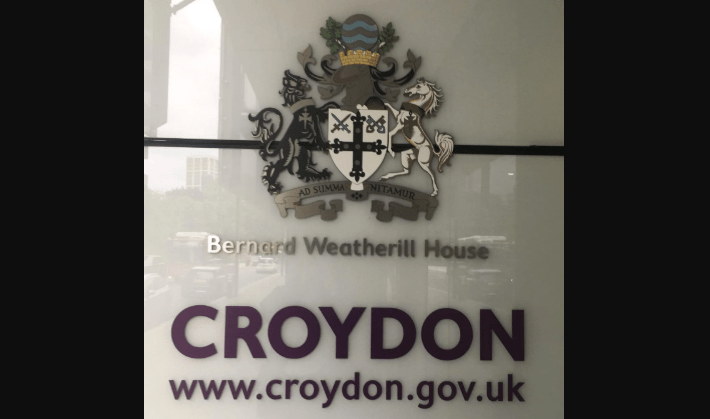Two Years in Hostel Hell and a £25,000 Debt: How Croydon Council Pushed Abuse Survivor to Breaking Point
A domestic abuse survivor in Croydon was trapped in substandard hostel-style housing for over two years, exposed to antisocial behaviour, harmful substances, and severe mental health decline, all while being wrongly accused of £25,000 in rent arrears.
The Local Government and Social Care Ombudsman has now ruled that Croydon Council’s mishandling caused “avoidable distress, frustration and uncertainty,” ordering them to issue a written apology and pay £8,000 in compensation.
A nightmare that dragged on for years
Ms X, a vulnerable resident referred by a domestic abuse service in September 2022, was placed into temporary accommodation that offered neither privacy nor safety.
Medical professionals repeatedly flagged the damaging conditions, cramped living spaces, shared facilities, and constant disturbances from other residents.
“The property was worsening her mental health,” they told the council after observing firsthand the hostile environment.
Despite multiple pleas for help, the council ignored her requests for alternative housing.
By August 2023, even her support workers were alarmed, highlighting that she lacked a housing officer and had no clarity about her next steps. Months passed. No action was taken.
The council admits duty
Only in December 2023 did the council acknowledge its housing duty to Ms X, but the news wasn’t shared with her until February 2024.
With calls unanswered and emails left to pile up, medical professionals had to step in once more, reporting that Ms X’s well-being was in serious jeopardy.
“Other residents disturbed Ms X at all hours, exposed her to substances she was trying to avoid, and claimed that her post was being stolen,” they explained. These ongoing disturbances pushed her into multiple mental health crises.
Debt that never should have been
In a cruel twist, Croydon Council accused Ms X of owing £25,000 in rent arrears, even though she had never been properly signed into the tenancy.
The council insisted she clear the debt before being moved, leaving her with no choice but to borrow money and take out loans. She managed to pay around £700, but the stress drove her to the hospital.
Only after sustained pressure did the council admit its mistake, agreeing to write off the arrears and backdate her casing benefit payments. Still, they refused to repay the plutocrat formerly paid.
A partial remedy, but lasting scars
It wasn’t until November 28, 2024, that Ms X was finally moved into new, self-contained accommodation.
The Ombudsman’s investigation highlighted numerous failings: delays, poor communication, and a lack of documented decisions, all contributing to her prolonged suffering.
Yet, some measures were taken to repair the damage. The council backdated her application to September 2022 and cancelled the accumulated arrears, acknowledging its responsibility.
The Ombudsman’s final words were blunt: Croydon’s mishandling had inflicted “avoidable distress” on a traumatised individual.
Council response
A spokesperson for Croydon Council stated: “We accept the findings of the Ombudsman’s enquiry in full and sincerely apologise that our resident was placed in unsuitable accommodation for an extended period between 2022 and 2024.
We recognise the national housing crisis has created unprecedented pressures, with homelessness rising sharply whilst suitable temporary accommodation remains in critically short supply.
However, we acknowledge that we should have provided a better service in this case.
In response, we are undertaking a comprehensive review of our housing services and have fully implemented the Ombudsman’s recommendations.
This includes enhanced staff training, strengthened procedures, and targeted action to address the backlogs that contributed to the resident remaining in unsuitable accommodation for an extended period.
The council continues to prioritise homelessness prevention and works proactively with applicants to secure accommodation, primarily within the private rented sector, so homelessness can be avoided wherever possible.”
This case shines a light on the wider extremity gripping London and the UK. With homelessness rising and suitable accommodation casing short supply, vulnerable individuals are being failed by a system that prioritises process over good.
It’s not just about housing. It’s about dignity, safety, and mental health — all of which were overlooked at great human cost.






